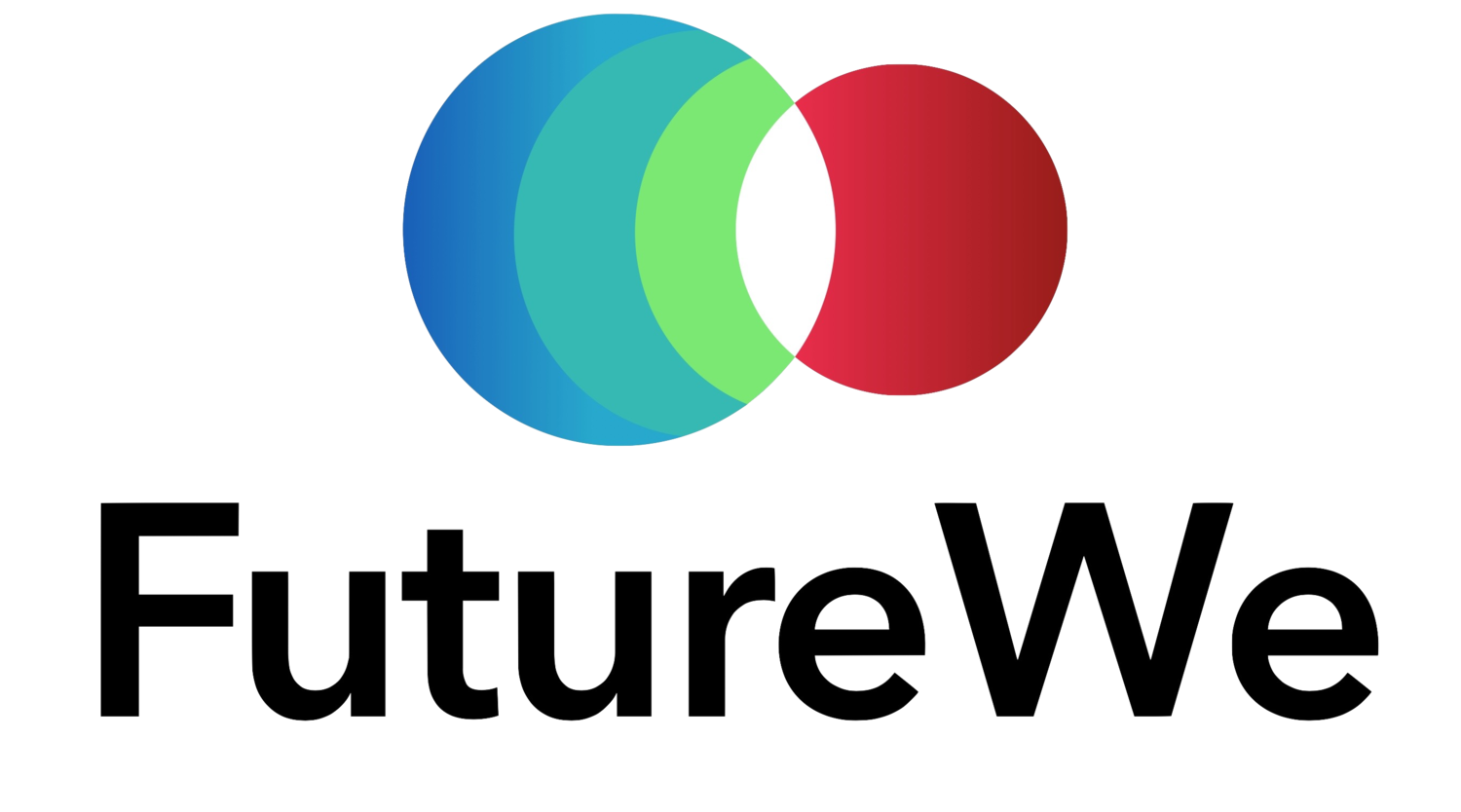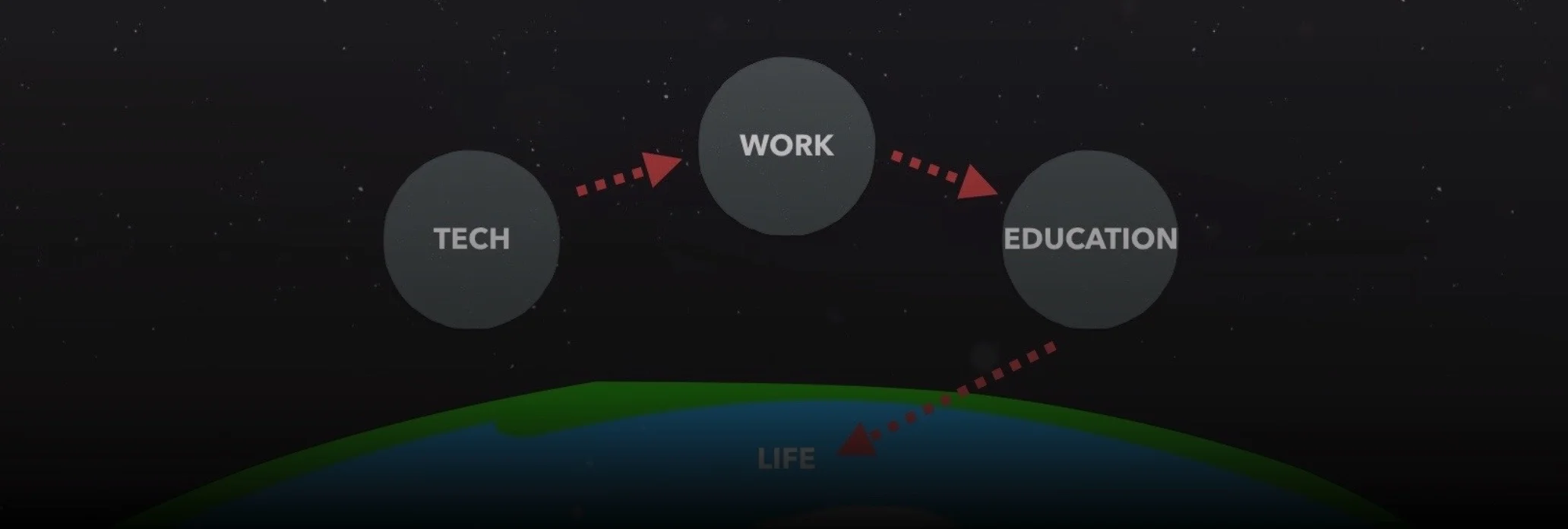Meta-category 1: Automation > Technologies that directly replace human effort and activities.
By Jona Nalder with Rhys Cassidy
“The very idea that a human being’s worth was measured almost exclusively by his or her productive output of goods and services and material wealth will seem primitive, even barbaric, and be regarded as a terrible loss of human value to our progeny living in a highly automated world.” — Jeremy Rifkin, The Zero Marginal Cost Society
A post-work world made possible by automation as Rifkin is envisioning here may still be a long way off in the context of recent news story headlines like ‘I’m a GP- will a robot take my job?’ (1), and ‘Japanese AI Writes a Novel’, Nearly Wins Literary Award’ (2). As alarmist as these sound, real world developments like Google’s AI beating a champion human 4–1 (3), and driverless cars being deployed for real-world trials (4) show that this is a very real and present issue. How examples like these will lead to a post-work and post-wealth future is yet to be seen. What is important is that the transition stage is here, and a bigger-picture way of adapting to it is required.
Future-U is working to develop this bigger-picture view in its frameworks by grouping of a range of developments into ‘meta-categories’ rather than trying to explain each one in isolation; an approach we simply don’t have time for anymore. For Automation this means that in addition to AI and driver-less cars, there are a wide array of technologies such as conversation bots, Machine Learning, blockchain, the internet of things and artificial assistants that are linked to the bigger concept of ‘Automation’. All of these can be said to be technologies which are impacting society and work by replacing human activities and effort rather than just helping or ‘augmenting’ them. In fact it is this potential to replace not just assist that can be seen as a defining characteristic of the move beyond the 3rd industrial revolution (initiated by the microchip and digital tech) into the 4th: The information age.
One of the most far-reaching examples of Automation is the development of stores without human cashiers or sales staff. Initially this has meant supermarkets with customer-operated checkouts — but initiatives such as the Amazon Go store (5) have the capability to be run purely by interactions between apps, software and sensors. Where this gets interesting is when such developments are considered in the broader context of nations like Australia where retail jobs make up the highest single category of workers (6). Such nations may be able to navigate through one transition where large numbers of human workers are replaced. However, if the framework and mindset that decision-makers are using fails to include the full picture of Automation technologies, it may be the second of these two options proposed by Stephen Hawking that comes to pass.
“Everyone can enjoy a life of leisure if the machine-produced [robots] wealth is shared, or most people can end up miserably poor if the machine-owners successfully lobby against wealth redistribution” — Stephen Hawking
So, now that we have a meta-category to understand this particular aspect of the transition we are living through, we can perhaps proactively ask how it can be managed to benefit everyone. Merely reacting to individual developments one at at time using methods that worked in previous eras is not something future workers will thank us for — let’s start thinking how to use Automation to everyone’s advantage now.
2. http://bigthink.com/natalie-shoemaker/a-japanese-ai-wrote-a-novel-almost-wins-literary-award?
3. www.bbc.com/news/technology-35420579
4. http://www.businessinsider.com/companies-making-driverless-cars-by-2020-2016-8/?r=AU&IR=T
5. https://www.wired.com/2016/12/amazon-go-grocery-store/
6. http://www.news.com.au/finance/small-business/whats-the-most-common-job-in-australia/news-story




